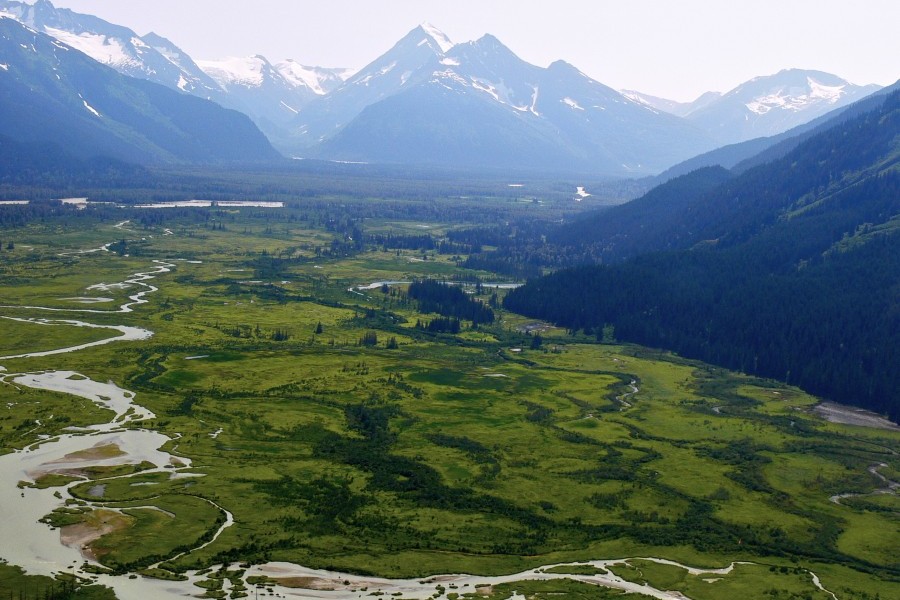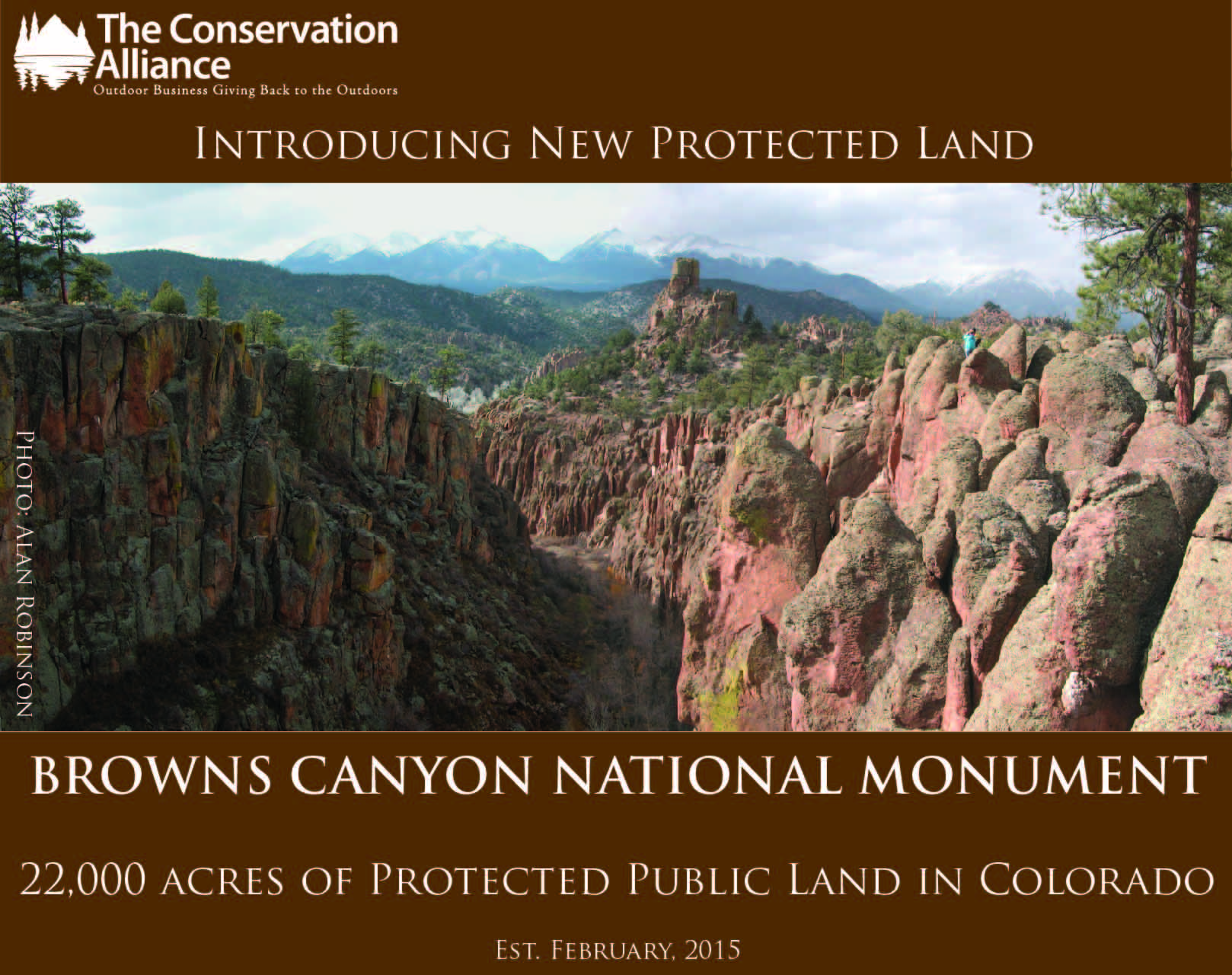This Taku Watershed Campaign update is courtesy of Will Patric, Executive Director of Rivers Without Borders:
In the Taku, after four years of effort, Chieftain has not yet been able to obtain the more than $200 million of construction financing needed to start building the Tulsequah Chief mine. RWB’s efforts to highlight the substantial risks of the project, including First Nation opposition, the impracticality of barging, and downstream Alaskan opposition has contributed to that outcome. In fact, Royal Gold, the only entity to date to promise any funding for the mine, recently announced that on December 22nd it pulled out of its agreement to provide $45 million in construction financing, and required Chieftain, already struggling financially, to repay its initial $10 million working capital loan to the company. An excerpt from Royal Gold’s press release is attached.
That timing was critical, because on January 13 the BC Minister of the Environment made her redetermination of whether or not the Tulsequah Chief mine was “substantially started.” This redetermination was required by the Supreme Court of BC as a result of the Taku River Tlingit First Nation (TRTFN) lawsuit. In July, the Supreme Court ruled that the TRTFN should have been consulted as part of the process, and that the First Nation should have been given the opportunity to submit evidence on whether mine construction had been started within the regulatory timeframe. The redetermination, contrary to substantial opposing evidence, common sense, and skepticism expressed by the Court, was that Tulsequah Chief is “substantially started.” Obviously this is a disappointing finding. The TRTFN is currently weighing legal options. While the legal challenge did not cause Chieftain to lose its Environmental Certificate as hoped, it created more uncertainty about an already controversial and tenuous mine proposal, as evidenced by the mine’s recent investment loss. It also underscored that First Nations rights must be considered in mine projects and all related government deliberations, and that investors will be wary of risk if a project does not have social license.
A Win and a Loss for the Taku Watershed Campaign



